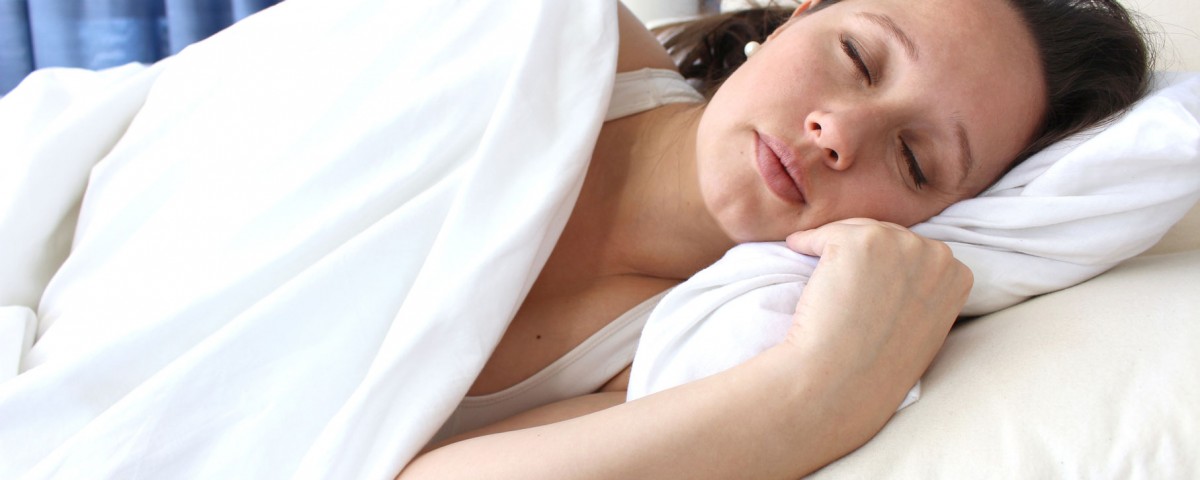- CALL US:
- 713-661-9995
Lack of Sleep and Hormone Imbalance — Why Dieting May Be Useless

 Dieting May be Useless if Lack of Sleep and Hormone Imbalance are Affecting Your Weight Loss Goals.
Dieting May be Useless if Lack of Sleep and Hormone Imbalance are Affecting Your Weight Loss Goals.
Could the current obesity epidemic be linked to the chronic sleep deprivation epidemic? [1] Researchers investigating the possibility of a correlation found the following interesting results:
• Between 50 million and 70 million adults in the United States suffer from chronic sleep disorders, such as sleep apnea and insomnia. Thirty-five percent of Americans report getting less than seven hours of sleep every night. [2]
• Sleep deprivation appears to exert neurohormonal effects on a person’s appetite. Specifically, dysregulation of leptin and ghrelin due to lack of sleep causes hyperphagia, the clinical term for overeating and/or the urge to overeat. Cravings for high carbohydrate, high-fat foods corresponded with reduced levels of leptin and elevated levels of ghrelin, two chemicals associated with appetite control. [3]
• People who are chronically sleep deprived experience drops in their core body temperature. This suggests that lack of sleep negatively impacts metabolism and energy expenditure via thermoregulation. [4]
• Research subjects who deliberately limited their sleep to less than six hours per night showed a pre-diabetic condition called insulin resistance, which affects their ability to metabolize glucose. In addition, insulin resistance is directly linked to weight gain. [5]
• The same neurotransmitter–serotonin–is involved in normalizing your sleep/wake cycle. Serotonin is also responsible for regulating your appetite, moods and sex drive. [6,7]
Quality sleep can help regulate hormones as well as balance other body systems which control metabolism and other factors in maintaining a healthy weight.
Why You Might be Gaining Weight (When You Shouldn’t Be)
– Ghrelin, Leptin and Sleep Deprivation
With hundreds of studies and surveys clearly indicating that for the most part, we are sleeping one, two, or even three hours less than we did just a short 20 years ago, it appears there may be a link between sleep deprivation, reduced leptin, elevated ghrelin and weight gain. Lack of sleep and hormone imbalance are key factors in obesity.
According to the website the State of Obesity:
• Since 1980, obesity rates in adults have more than doubled. The average American man or woman is nearly 25 pounds heavier today than the average adult in 1960.
• Obesity rates in children (from infant to age 18) have more than tripled over the past 35 years.
Since these statistics directly correlate with the reduced amount of sleep Americans have been getting since 1980, researchers have begun to focus their studies on sleep deprivation, the obesity epidemic and chemicals that regulate the appetite.
Impact of Sleep Loss on Hormones Controlling Appetite
The amount of food you eat and the amount of sleep you get are intimately related. In fact, when humans and mammals suffer starvation from food shortages, they tend to sleep less. Alternately, animals and humans that are sleep deprived for extended periods will significantly increase their food consumption. [8]
Further, sleep deprivation studies have discovered that hormones involved with appetite and hunger are negatively influenced by extended wakefulness. For example, leptin is an appetite-suppressing (satiety) hormone secreted by fat cells that “tell” your brain when you are full. Between midnight and dawn, your body’s leptin levels are naturally higher than they are during the day, which acts to suppress appetite while you sleep. [9] Leptin release also increases in obese people with sleep apnea, when you are emotionally stressed, and when you have higher than normal amounts of insulin circulating in your blood.
However, a peptide released by the stomach and implicated in appetite called ghrelin is linked to leptin levels and works to stimulate your appetite, and at the same time reduced leptin levels tells your brain you are hungry. Numerous studies have found that people who do not get enough sleep have elevated ghrelin levels and reduced leptin levels. This naturally causes increased appetite, and potentially increases body mass index as well. [10]
Lack of sufficient sleep can disrupt the ability of ghrelin and leptin to signal the brain your correct caloric needs. This could promote overeating and eating when you are not hungry, especially in a society like ours where food is readily available at all hours of the day and night.
Women, Menopause and Weight Gain
Decreasing estrogen levels in perimenopause and menopause cause numerous health problems for middle-aged women, specifically hot flashes, insomnia, mood swings and weight gain. Doctors used to attribute low estrogen, a decline in metabolic rate, and ceased ovarian activity to weight gain (primarily, abdominal obesity) during menopause. However, recent investigations into the role that leptin, ghrelin, and sleep deprivation play in weight gain have researchers considering insomnia and difficulty sleeping during menopause as a major factor in menopausal weight gain. Additionally, eating in the middle of the night (nocturnal eating) is more prevalent among middle-aged women than men [11] and can contribute to weight gain, especially if high-calorie foods or whole meals are consumed at night.
Improve Your Sleep Hygiene to Help Maintain or Lose Weight
Sleep hygiene is the promotion of good sleep habits without relying on drugs or prescription medications to get you to sleep. According to the National Sleep Foundation, sleep hygiene consists of:
• Going to bed and rising at the same time every day
• Making sure your sleeping environment is dark, quiet and slightly on the cool side. Sleep quality improves when the temperature of your bedroom is around 65 degrees Fahrenheit. [12]
• Using your bed only for sleeping, not for eating, watching TV or playing on your laptop
• Avoiding big meals before bedtime. If you regularly go to bed at 10 p.m., eat your last large meal no later than 5:30 or 6 p.m.
• Exercising and/or getting at least four to five hours of physical activity (such as housework, gardening, walking) during the day
Functional medicine examines the root cause of your symptoms. Functional medicine doctors evaluate the interaction between your immune, endocrine, and gastrointestinal systems and your environment to develop personalized treatment programs addressing weight gain. If you have tried dieting and exercise to lose weight and are not reaching your goals, find out how functional medicine may be able to help you achieve your weight loss goals.
If you experience sleep deprivation and suspect you lack of sleep and hormone imbalance is affecting your health. Schedule a complimentary consultation with MyVita’s hormone specialists to have your numbers checked. We have hormone treatment for women and hormone treatment for men customized to your individual needs.
Source
1. http://www.ncbi.nlm.nih.gov/pmc/articles/PMC2723045/
2. http://www.apa.org/action/resources/research-in-action/sleep-deprivation.aspx
3. http://annals.org/article.aspx?articleid=717987
4. http://www.scribd.com/doc/169996942/Sleep-Deprivation-Basic-Science-Physiology-and-Behavior#scribd–pp. 319–338.
5. http://harvardmagazine.com/2005/07/deep-into-sleep.html
6. http://www.nature.com/npp/journal/v21/n3/full/1395376a.html
7. https://www.psychologytoday.com/blog/the-antidepressant-diet/201008/serotonin-what-it-is-and-why-its-important-weight-loss
8. http://www.medscape.org/viewarticle/502825
9. https://www.ncbi.nlm.nih.gov/pmc/articles/PMC507189/
10. http://www.ncbi.nlm.nih.gov/pmc/articles/PMC535701/
11. http://aje.oxfordjournals.org/content/164/10/947.long#ref-10
